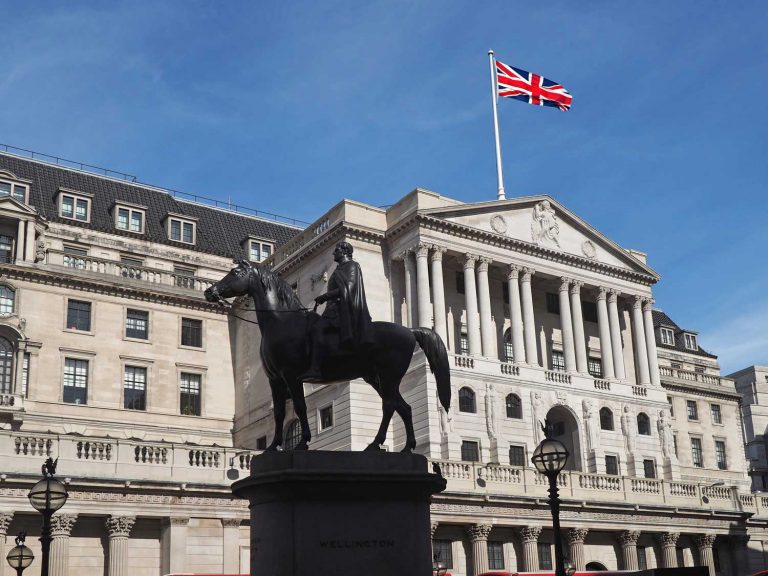
Date:
Tough times for the UK and world economy predicted
KPMG the respected business global consultancy and one of the Big Four accounting firms is expecting GDP growth to more than halve this year, with consumer slowing consumer spending and recession in 2023.
In its latest UK Economic Outlook report KPMG said it expects GDP growth to more than halve this year, with a fall in consumer spending and the Bank of England adopting a more gradual uplift in interest rates, with two further rises expected this year.
As the invasion of Ukraine and renewed lockdowns in China put upward pressure on commodity prices and keeps supply chains under strain, UK GDP growth is set to slow to 3.2% this year and fall further to 0.7% in 2023, according to KPMG. A quite startling reduction.
This is further demonstrated by the Bank of England’s decision today to raise interest rates to 1.75%, or by a full 0.50%, in order to combat inflation and the current economic turmoil. This will undoubtedly have further consequences and an impact on an already fragile domestic economy.
Just as the UK economy returned to its pre-pandemic size, new shocks hit the global economy and there are growing concerns that policy actions to combat inflation, if combined with further fallouts from geopolitical tensions, could bring about another recession.

KPMG has also developed an alternative scenario to capture some of the downside risks. The forecast models how a sharper deterioration in the external environment causing a recession in some of the UK’s major trading partners, together with a stronger fall in domestic consumer spending, could see the UK economy enter a mild recession next year, with a 1.5% fall in GDP in the year between 2022 Q3 and 2023 Q3.
Manufacturing and financial services look to be among the worst affected sectors in the downside scenario. Manufacturing could fall by 5.1% in 2023 and 2.8% in 2024 as the sector tends to be more export intensive.
Household budgets have come under pressure as the high and persistent level of inflation erodes consumers’ purchasing power, with overall household incomes expected to fall by 0.8% in real terms this year and 0.5% in 2023.
The peak in UK inflation is likely to lag that in some of the other major economies, with the outlook remaining highly dependent on the evolution of future wholesale gas prices. Inflation will then begin to normalise from 2023 Q2 onwards and return to the Bank of England’s 2% target in 2024 Q2.
Base interest rates are only expected to reach 1.75% by the end of 2022, with a pause in the tightening cycle afterwards to prevent inflation running well below the 2% target in the medium term.
KPMG expect supply issues to gradually ease during the course of this year, although headwinds in the form of a potential deterioration in Russian energy supply or further lockdowns in China as a result of its zero Covid policy could worsen the outlook.
Combined with the pressures on household budgets, the Monetary Policy Committee will have to weigh the risk of high inflation spilling into pay growth against the risk of a recession. Facing such a trade-off, KPMG think it is likely that the doves on the Committee could swing the balance towards a more gradual uplift than is currently priced in by the markets.
The global economy and supply chains are likely to be under the most intense and sustained pressure through 2022, with an even greater impact in 2023, which is why we monitor and report on the most important developments, so that you can take effective action and make informed decisions, that avoid possible issues, before they become problems.
We are constantly monitoring, managing and sharing the latest news on market influences including currency FX, cost of shipping, logistics market bottlenecks and disruption and macro-economic performances all of which have an impact on our customers supply chain and the alternative options we deliver to ensure the smooth flow of your goods, regardless of the environment.
Please contact Elliot Carlile to learn how we can support your supply chains, even in the most challenging economic conditions. You are in safe hands.
